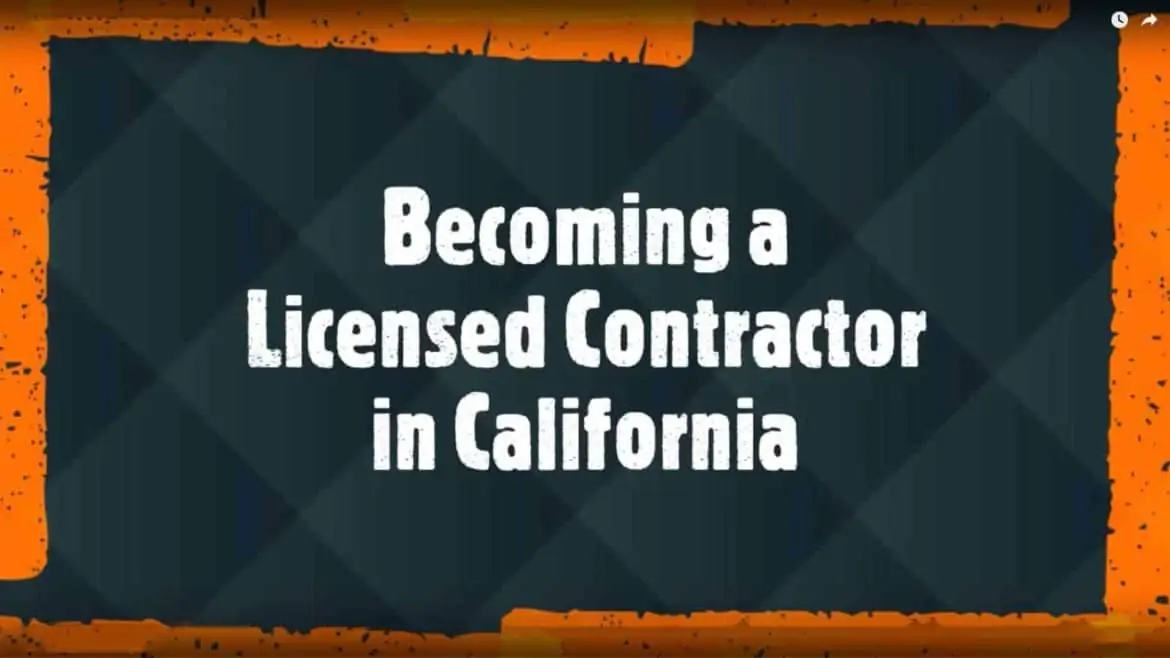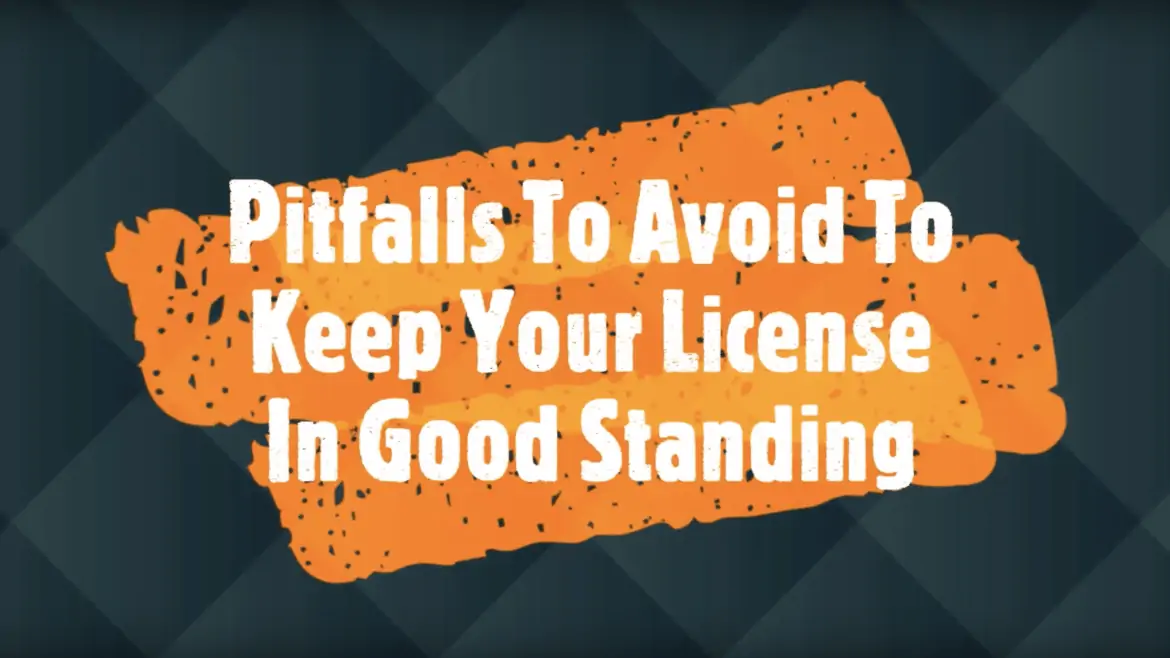Become a licensed contractor in California
https://rmoagency.com/wp-content/uploads/2019/07/Becoming-a-licensed-contractor-in-California-1024x576.jpg 1024 576 info info https://secure.gravatar.com/avatar/d73548c66bc68b56115d6d4c8c98bda3037a0c199d20df547f3557a23533e105?s=96&d=mm&r=gWhen is a license required?
The state of California requires anyone who’s doing construction work over the amount of $500 for labor and material, to have a license. You’re required to show experience as well as pass a vigorous test and then you become licensed. You are not allowed to split large projects into smaller segments under $500 and the most important part is that most customers, homeowners, will want to verify your license. They want to verify that you are licensed and registered and that you qualify to do work in their homes.
What are the risks of working unlicensed?
The risk of working unlicensed is a criminal misdemeanor offense and will result in you having a criminal record. Then, in addition to that, CSLB, which is the state license board, is conducting sting operations and there’s a good chance you’ll be caught if you work without a license.
It is important to know that if you do work with your license, the homeowner is not required to pay you. You will never be able to take them to court and if you do, the homeowner will win and ask for any payment back. So the risk is really great but not worth getting a criminal record or losing the hard work that you’ve put into the project.
What type of opportunities open up when you are licensed?
You’ll be able to bid on larger jobs and you will learn a lot of informative information about construction. You’ll be able to go to the city, pull permits for the clients and work legitimately and charge more for your work as a licensed contractor. In addition, you will be able to advertise yourself, join lead generation programs and websites and applications like Yelp.
How can I get a license in California?
There are two ways to obtain a contractor’s license in California.
You need 4 years of experience and pass Trade & Law exams:
Most people who can show proven construction experience for at least four years or more, qualify to take the State Exam. The exam is divided into two tests that are conducted by the license board: The trade test and the law test, which, once you pass, provide you with an issued a license. The new contractors get a unique license number and are then included in the registration and are on the public CSLB website. They are allowed to conduct construction work legally in the field of their classification.
Partner up with a RMO:
Another option is to partner up with an existing licensed contractor who acts as a responsible managing officer. In short, they are called RMO.
The RMO is a qualifier for your license. You submit an application for a license which you will then get a new license number. As long as you have a Responsible Managing Officer overlooking and supervising your projects and your business, then your license is valid and you qualify to do the same work that any licensed contractor is qualified to do.
Skip the test and get licensed faster with a business mentor support
When you partner up with a RMO you are able to skip the test as well as the studying and you’re able to qualify even if you don’t have four years of experience. When going down this route, your license is typically issued much faster and the most important benefit is that you get an experienced mentor who can give you advice when you face challenges. In addition, your mentor can help resolve disputes and be a source of knowledge and can help support throughout the time you are working together.
Pools of RMOs ready to work:
RMO agency has a pool of qualified Responsible Managing Officers who are on contract and ready to partner with you. The mentor is somebody who is going to be helping you throughout the period that you’re using the license and will be closely involved with you. So it’s important that you have a good relationship and connection with.
Keep your license clean for 5 years and become your own RMO
The program lasts for five years and the reason is that once you can demonstrate that you’ve been in business for five years and you had no complaints then you will no longer need a Responsible Managing Officer. Furthermore, you will be qualified to get your own license from the license board. So during those five years, it is important that you stay out of trouble, you work legally and address any issues that you have with your clients so you don’t have any open complaints or unresolved complaints.
We celebrate that event by helping you apply to become your own Responsible Managing Officer for your license and you no longer need to pay us.
The licensed board certainly recognizes that five years of construction and dealing with customers and homeowners successfully is a good sign that you are certainly qualified to be a contractor and you will not have to take the test. You will be able to keep the same license number you’ve worked under for the last five years.
We’ve been in business since 2006 and have matched hundreds of successful contractors and Responsible Managing Officers. Our company has gained a lot of experience in this area and we are confident that you’ll be successful if you partner with RMO agency.






